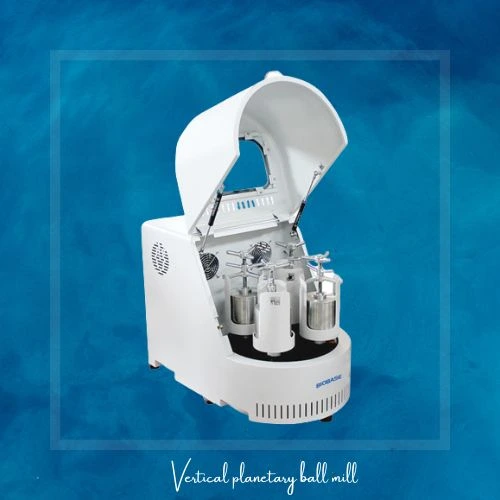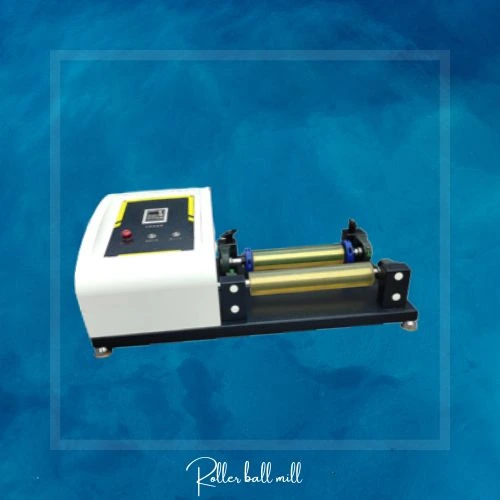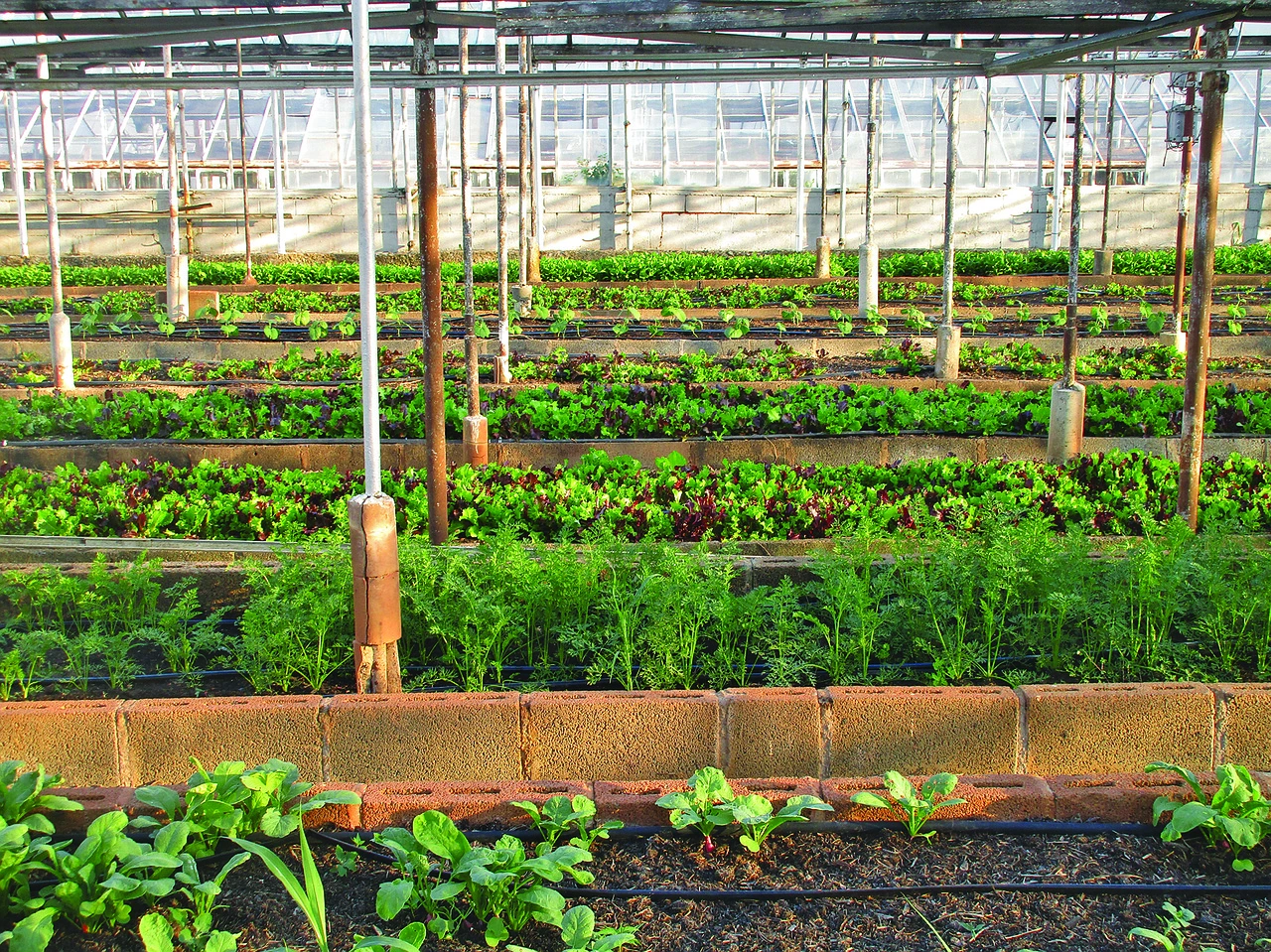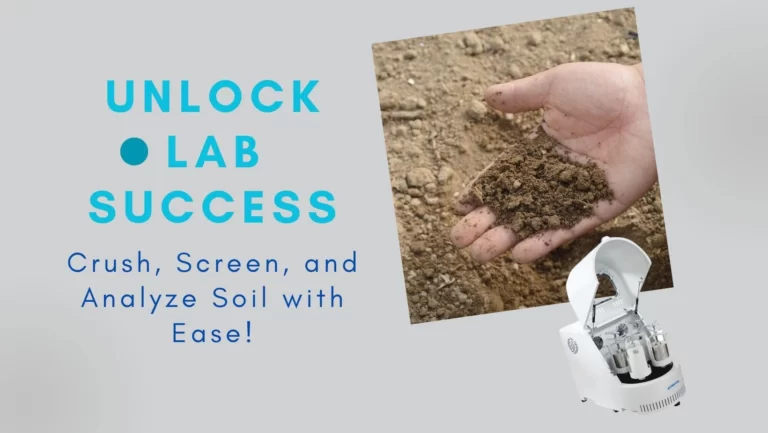Introduction
Soil grinding and screening equipment are vital components in scientific and industrial laboratories. These advanced machines deliver efficient and accurate results, facilitating the acquisition of precise research samples and simplified analysis of soil properties. This blog post explores various types of equipment employed for soil grinding and screening, their functionalities, and their extensive applications across diverse fields.

1. Vertical Planetary Ball Mill: Unleashing Micro-sized Research Samples
The Vertical Planetary Ball Mill stands out as a compact and efficient device widely used in scientific research institutes, universities, and industrial laboratories. With its ability to mix, finely grind, and prepare samples, this equipment plays a vital role in the dispersion of nanomaterials and the development of new high-tech materials. Its small size, quiet operation, and adjustable rotation speed make it ideal for obtaining micro-sized research samples. The Vertical Planetary Ball Mill finds applications in geology, minerals, electronics, building materials, ceramics, the chemical industry, the light industry, beauty, and environmental protection.

2. All-round Planetary Ball Mill: Versatility for Research Sample Acquisition
The All-round Planetary Ball Mill is a highly versatile machine that combines small size, high efficiency, and low noise levels. It has become an indispensable tool for scientific research institutes, universities, and industrial laboratories aiming to obtain diverse research samples. This equipment allows for crushing and mixing materials using both dry and wet methods, enabling the production of products with varying particle sizes and materials. With a minimum particle size achievable down to 0.1 microns, the All-round Planetary Ball Mill finds applications in soil analysis, geology, minerals, electronics, building materials, ceramics, the chemical industry, light industry, and environmental protection.

3. Roller Ball Mill: Precision Grinding and Mixing for Laboratory Experiments
The Roller Ball Mill represents a remarkable ultra-fine grinding and mixing equipment tailored for laboratory experiments and small batch production. Its compact and novel design, coupled with ease of operation, high efficiency, and uniform grinding size, make it a preferred choice for scientific research, teaching, testing, and production purposes. The Roller Ball Mill is extensively used in electronic materials, magnetic materials, ceramic glaze, non-metallic minerals, new materials, and other industries.

4. High Throughput Tissue Grinder: Extracting and Purifying Genetic Materials
The High Throughput Tissue Grinder is a fast and efficient system specifically designed for multiple tube processing. It boasts the capability to extract and purify raw DNA, RNA, and proteins from various sources, including soil, plant and animal tissues, bacteria, yeast, fungi, spores, and paleontological specimens. Overcoming the limitations of traditional methods, such as grinding, homogenization, and ultrasonic treatment, this grinder system offers wide versatility, high efficiency, and flexibility. It can quickly lyse and purify nucleic acids and proteins from different sample types, making it suitable for grinding and crushing plant tissues, fungi, bacteria, food composition analysis, volatile samples, plastics, polymers, and mineral and ore samples.

5. High-throughput Cryo-tissue Grinder: Advancing DNA, RNA, and Protein Extraction
The High-throughput Cryo-tissue Grinder is an advanced instrument employed for extracting and purifying DNA, RNA, and proteins from various sources, including soil, plant and animal tissues, bacteria, yeast, fungi, spores, and paleontological specimens. It finds common usage in tissue homogenization, grinding, cell disruption, material dispersion, sample preparation, and oscillation.

6. Multi-sample Tissue Grinder: Achieving Uniform Grinding with High-frequency Vibration
The Multi-sample Tissue Grinder stands out with its unique vertical vibration mode, which facilitates grinding through high-frequency reciprocating vibration, impact, and shear of grinding beads like zirconia, steel balls, glass beads, and ceramic beads. This grinder ensures complete and uniform grinding of samples, providing better sample repeatability without any risk of cross-contamination between samples. With its high-performance grinding capabilities, the Multi-sample Tissue Grinder is an indispensable tool for achieving consistent and reliable results in various laboratory applications.

7. Vibrating Screening Machine: Precise Particle Analysis Made Easy
The Vibrating Screening Machine finds extensive application in industries such as metallurgy, food, cosmetics, grains, and soil for accurate particle analysis. This machine offers easy operation, with no rotating parts, and allows for electronically controlled amplitude and frequency adjustments. Its performance is comparable to imported vibrating sieves, ensuring reliable and precise screening results. By significantly reducing labor intensity and improving efficiency compared to traditional manual screening methods, this machine has become an indispensable laboratory tool for particle analysis across various industries.

8. Soil Continuous Pulverizer: Transforming Soil Samples with Efficiency
The Soil Continuous Pulverizer is specifically designed to crush soil samples while preserving their mineral structure. This equipment offers high working efficiency, swiftly transforming soil into a uniform powder without the need for sieving or additional rolling. With its user-friendly operation, dust-free performance, and silent operation, the Soil Continuous Pulverizer provides researchers with an effective and reliable solution for soil sample preparation in laboratories.

Conclusion: Optimizing Laboratory Processes with Cutting-edge Equipment
The utilization of advanced soil grinding and screening equipment in laboratory settings enhances efficiency and accuracy in various scientific and industrial applications. The ball mills, tissue grinders, vibrating sieving machines, continuous pulverizers, and other instruments discussed in this post offer precise performance, allowing researchers to obtain high-quality research samples and conduct thorough analyses. With their extensive usage not only in soil laboratories but also in fields such as geology, minerals, metallurgy, electronics, building materials, ceramics, chemical industry, light industry, and environmental protection, these equipment options play a vital role in advancing scientific research and promoting innovation in diverse industries. By leveraging the capabilities of these cutting-edge machines, researchers can pave the way for new discoveries and contribute to the progress of their respective fields.

FAQs about Soil Grinding and Screening Equipment
Q: What are the primary applications of soil grinding and screening equipment?
A: Soil grinding and screening equipment are extensively utilized in various fields such as geology, minerals, metallurgy, electronics, building materials, ceramics, chemical industry, light industry, beauty, and environmental protection. These machines enable precise analysis of soil properties and facilitate research in those industries.
Q: Which equipment is suitable for obtaining micro-sized research samples?
A: The Vertical Planetary Ball Mill is the ideal equipment for obtaining micro-sized research samples. Its compact size, adjustable rotation speed, and ability to mix and finely grind materials make it a perfect choice for scientific research institutes, universities, and industrial laboratories.
Q: What is the advantage of using the High Throughput Tissue Grinder for DNA, RNA, and protein extraction?
A: The High Throughput Tissue Grinder offers wide versatility, high efficiency, and flexibility in extracting and purifying genetic materials from various sources. It overcomes the limitations of traditional methods by efficiently and quickly lysing and purifying nucleic acids and proteins from different sample types, including soil, plant and animal tissues, bacteria, yeast, fungi, spores, and paleontological specimens.
Q: How does the Vibrating Screening Machine improve particle analysis compared to manual methods?
A: The Vibrating Screening Machine offers electronically controlled amplitude and frequency adjustments, ensuring precise particle analysis. It significantly reduces labor intensity and improves efficiency compared to traditional manual screening methods. The machine’s reliable performance and easy operation make it an indispensable tool for particle analysis in industries such as metallurgy, food, cosmetics, grains, and soil.
Q: What advantages does the Soil Continuous Pulverizer offer in soil sample preparation?
A: The Soil Continuous Pulverizer provides high working efficiency, transforming soil into a uniform powder without the need for sieving or additional rolling. Its user-friendly operation, dust-free performance, and silent operation ensure efficient and hassle-free soil sample preparation in laboratories.

